12 Tips to Make Your Garden Soil Healthier
Improving your garden soil is one of the best ways to help your plants thrive. Healthy soil provides the nutrients and structure plants need to grow strong and produce abundant crops. Whether you are a beginner gardener or an experienced one, these simple tips can make a significant difference in your garden. By following these tips, you can create the ideal environment for your plants to flourish. Let us explore some easy and effective ways to improve the quality of your soil.
This post may contain affiliate links, which helps keep this content free. Please read our disclosure for more info.
Add Organic Matter
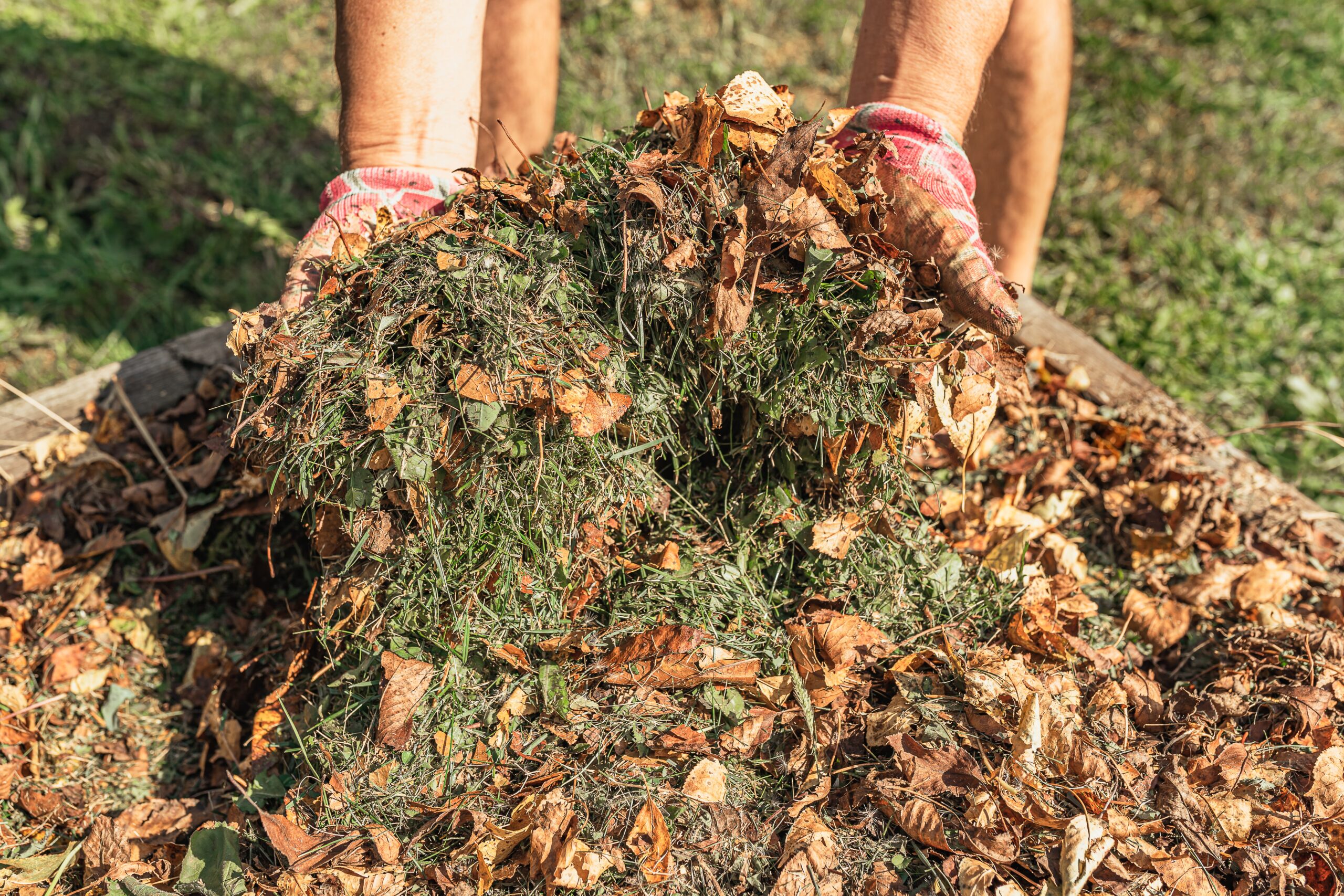
Organic matter such as compost, mulch, or leaves, can greatly improve your garden soil. It helps improve the soil structure, allowing better root penetration and water retention. Organic matter also provides essential nutrients that plants need to grow. Adding it regularly will keep your soil healthy and fertile.
Mixing organic matter into the soil also promotes the growth of beneficial microbes. These microbes break down organic material, releasing nutrients for plants. It is important to keep adding organic matter year after year for long-term soil health. Be sure to incorporate a variety of materials to ensure a balance of nutrients.
Test Your Soil
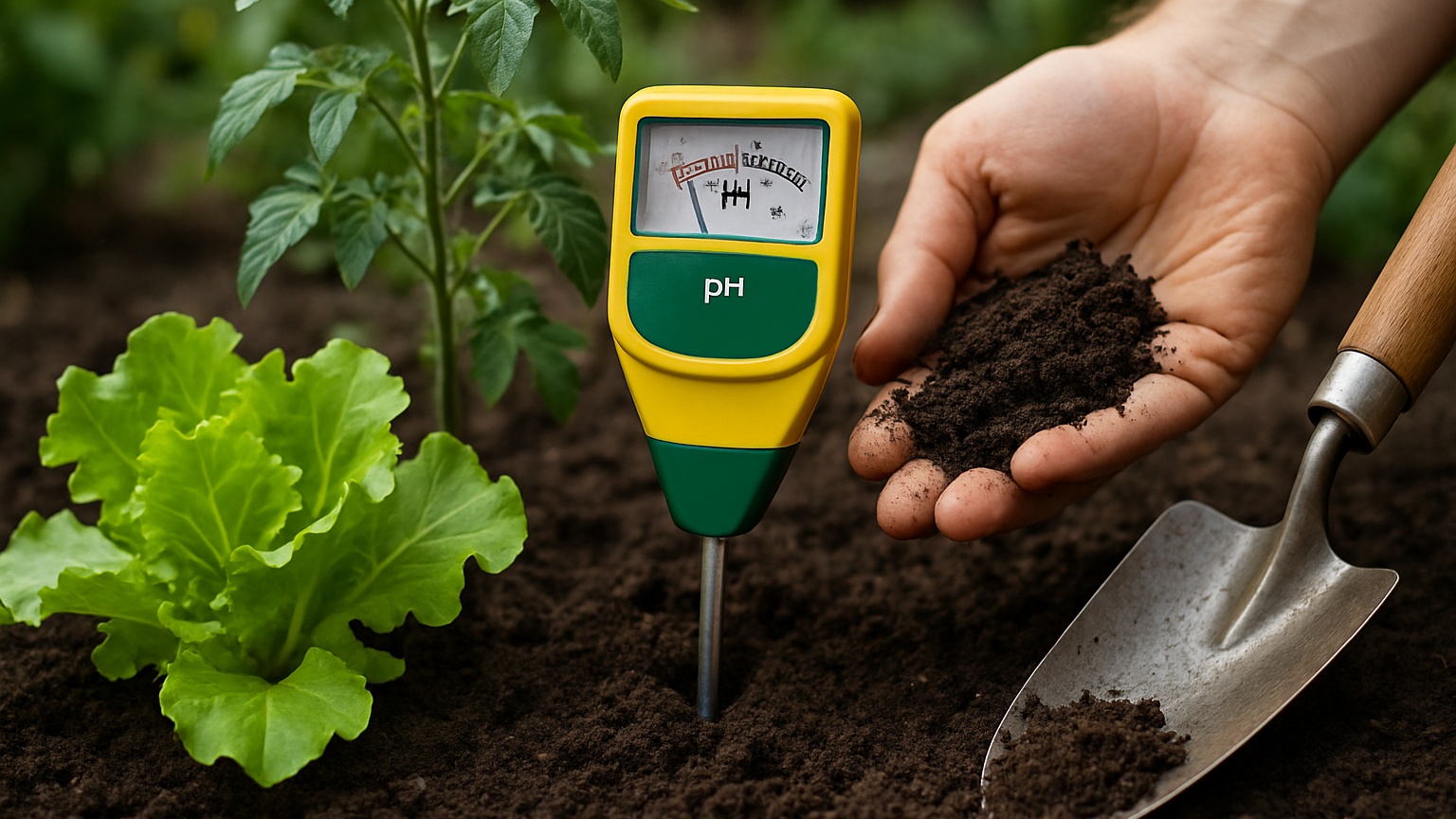
Testing your soil is the first step in understanding its current condition. You can purchase a soil test kit or send a sample to a local lab. This test will help you know the pH, nutrient levels, and any deficiencies your soil may have. Knowing these details helps you apply the right amendments to your soil.
Once you receive your test results, adjust your soil accordingly. For instance, if your soil is too acidic, you can add lime to raise the pH. On the other hand, if your soil is too alkaline, sulfur can be used to lower it. Regular testing will help you track the health of your soil over time.
Use Cover Crops

Cover crops, like clover, peas, or rye, are plants grown to improve soil quality. These crops help prevent soil erosion, add organic matter, and fix nitrogen in the soil. Planting them during the off-season can significantly improve your garden soil. They also protect the soil from the harsh effects of weather, such as drying out or washing away.
When the cover crops are done growing, you can till them back into the soil. This process, known as green manuring, enriches the soil with additional nutrients. Cover crops are a natural way to keep the soil healthy without needing chemical fertilizers. They are also a great way to support sustainable gardening practices.
Aerate Your Soil
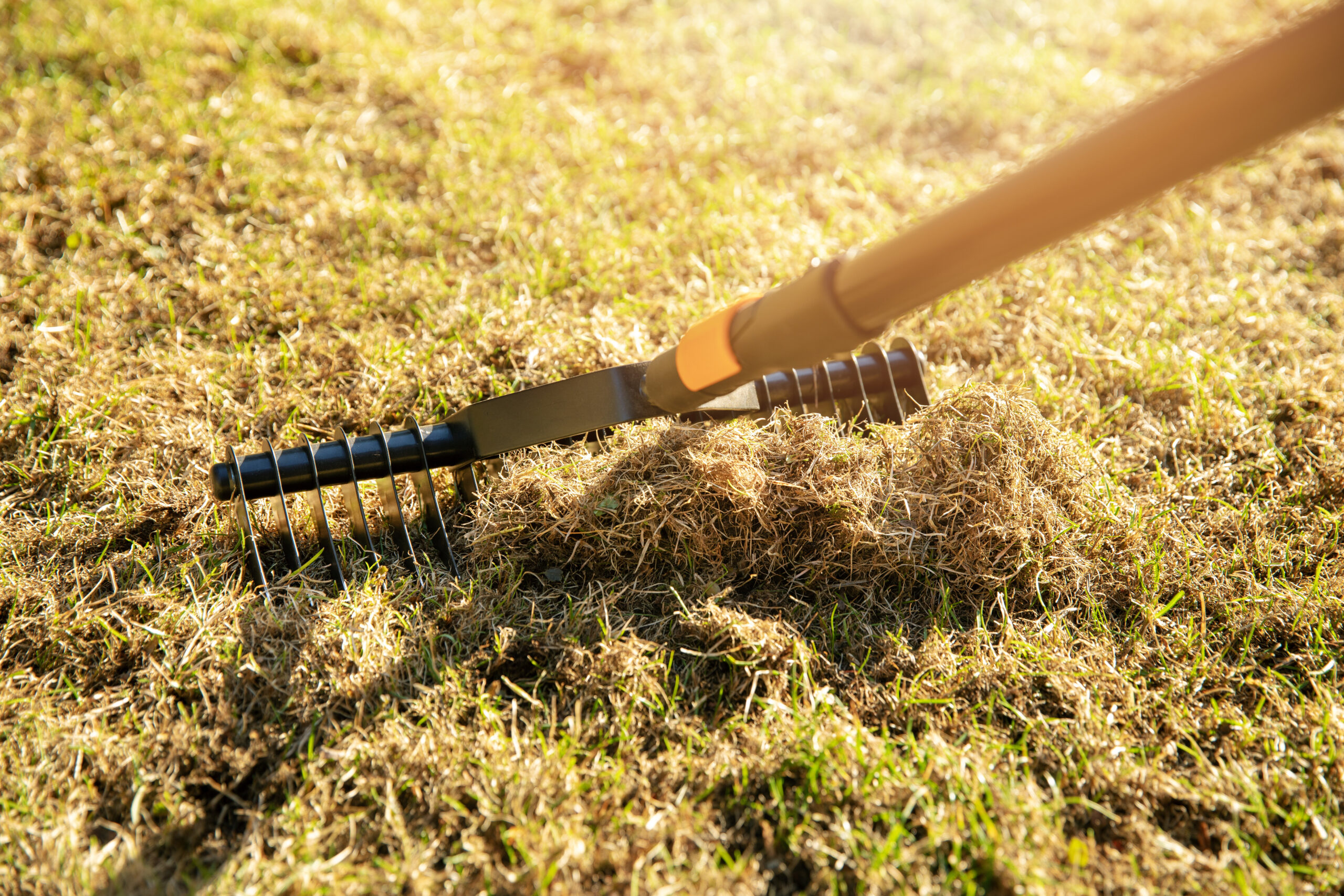
Soil compaction can prevent water and nutrients from reaching plant roots. Aerating your soil can help loosen it, allowing air, water, and nutrients to move more freely. You can use a garden fork or an aerator tool to poke holes in the ground. This simple process can improve root growth and overall plant health.
Aerating also helps reduce waterlogging, which can drown plant roots. It allows excess water to drain properly and prevents soil from becoming too heavy and compact. Be sure to aerate your soil in the spring or fall when it is not too wet or dry. Aerating regularly will help maintain healthy, well-drained soil.
Mulch Your Soil
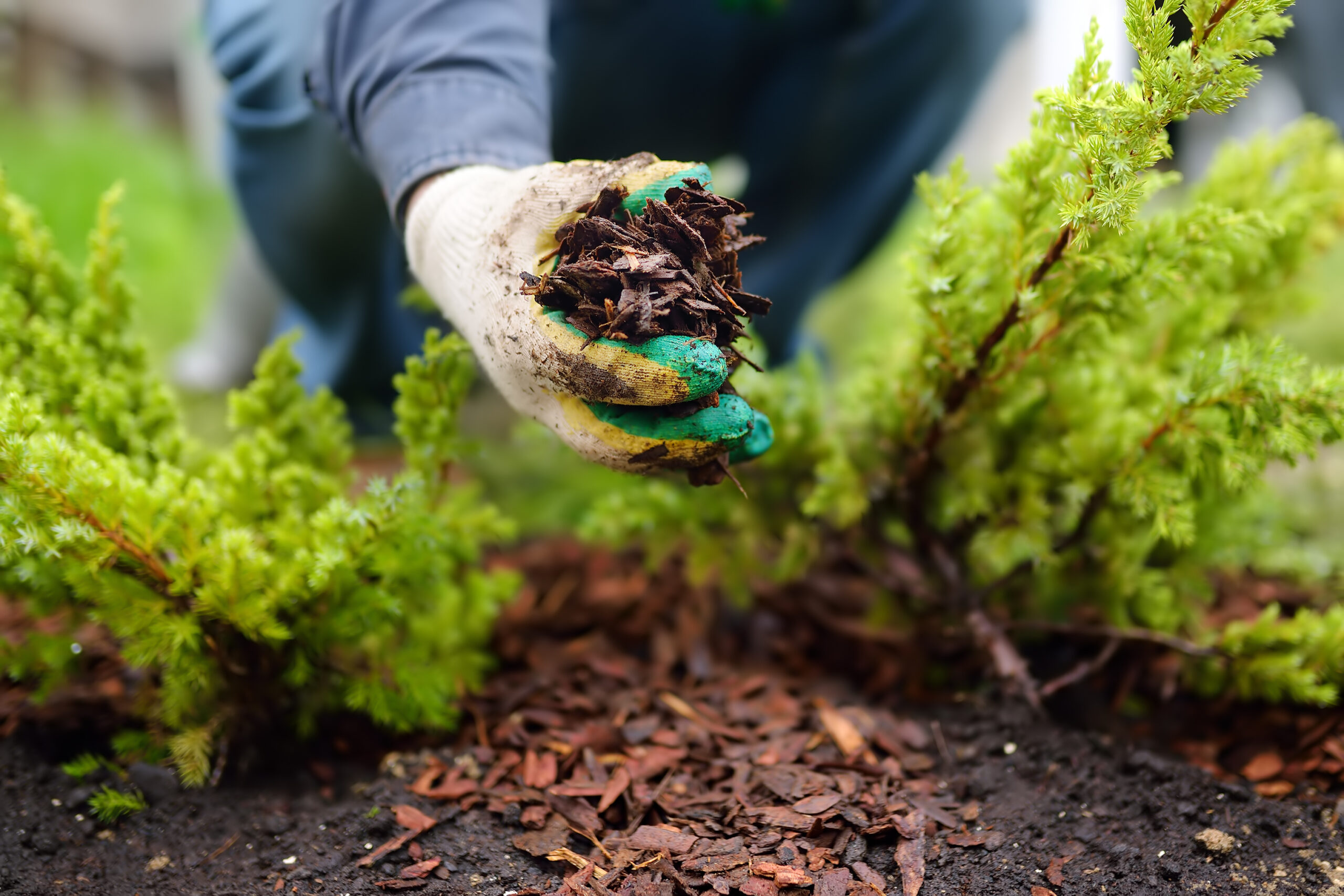
Mulching is one of the easiest ways to protect and improve your garden soil. A thick layer of mulch helps retain moisture, keep weeds at bay, and regulate soil temperature. Organic mulches, like straw, wood chips, or grass clippings, break down over time, adding nutrients to the soil. Applying mulch in the early spring or late fall will provide year-round benefits.
Mulch also prevents soil erosion by protecting the surface from heavy rain. It helps reduce soil compaction and provides a habitat for beneficial organisms, like earthworms. Just be sure to apply mulch in a thin, even layer to avoid suffocating plant roots. Keep the mulch away from the base of plants to prevent rot.
Add Compost Tea
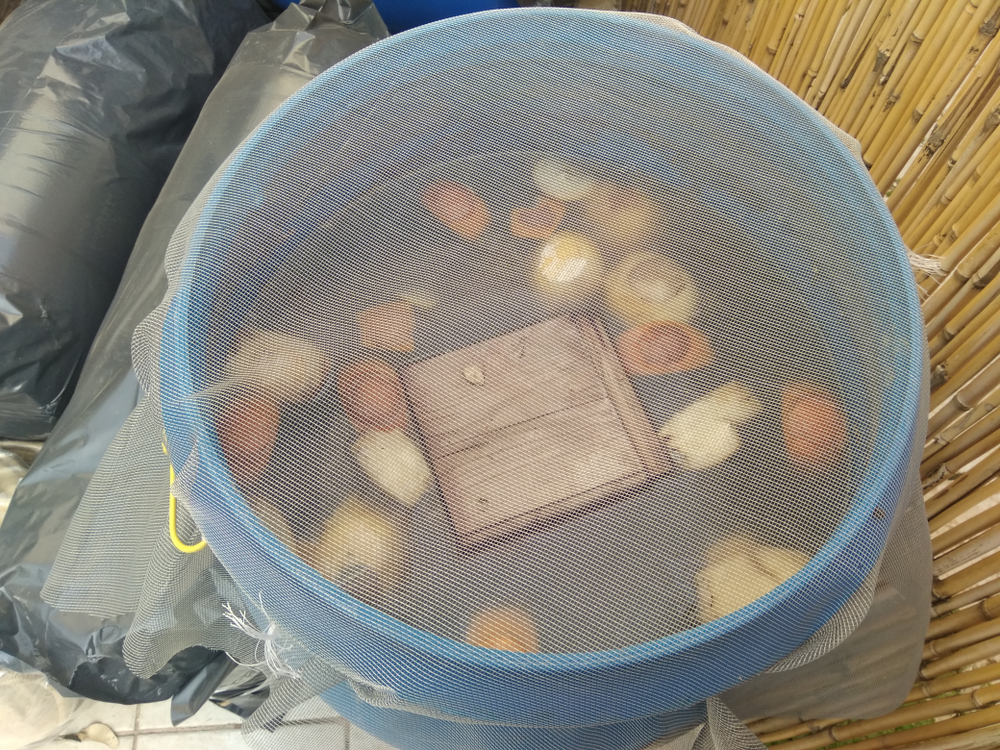
Compost tea is a liquid fertilizer made by steeping compost in water. It is a great way to add beneficial microbes and nutrients directly to your soil. This nutrient-rich liquid can be used to water plants or applied as a foliar spray. Compost tea helps to improve soil health and boost plant growth.
To make compost tea, fill a mesh bag with compost and steep it in water for about 24 hours. After straining, you can use the liquid to irrigate your garden. It is a simple, cost-effective way to provide your soil with additional nutrients. Regular application of compost tea can make a big difference in the overall health of your garden.
Avoid Over-Tilling
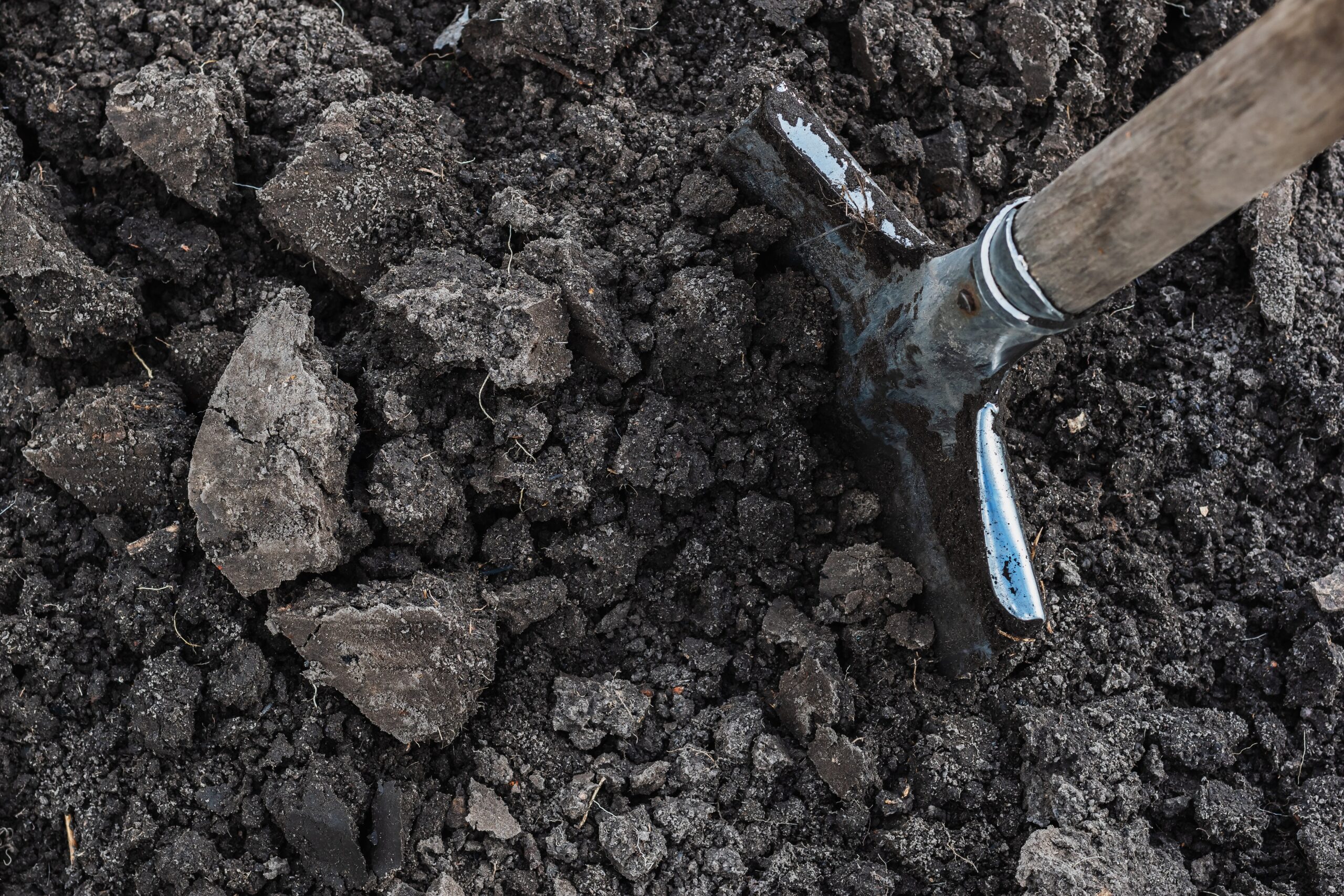
Over-tilling your soil can harm its structure and disturb the natural organisms that live in it. When you till too much, you break up the soil’s natural layers, making it harder for roots to grow instead, till only when necessary, such as when preparing new planting beds. In most cases, less frequent tilling can help maintain the soil’s integrity.
When you do till, try to avoid overworking the soil, especially when it is wet. Wet soil is more likely to become compacted and harden once it dries. Consider using no-till gardening methods, which are less disruptive to the soil ecosystem. This will help preserve beneficial organisms and promote long-term soil health.
Add Worms to Your Soil
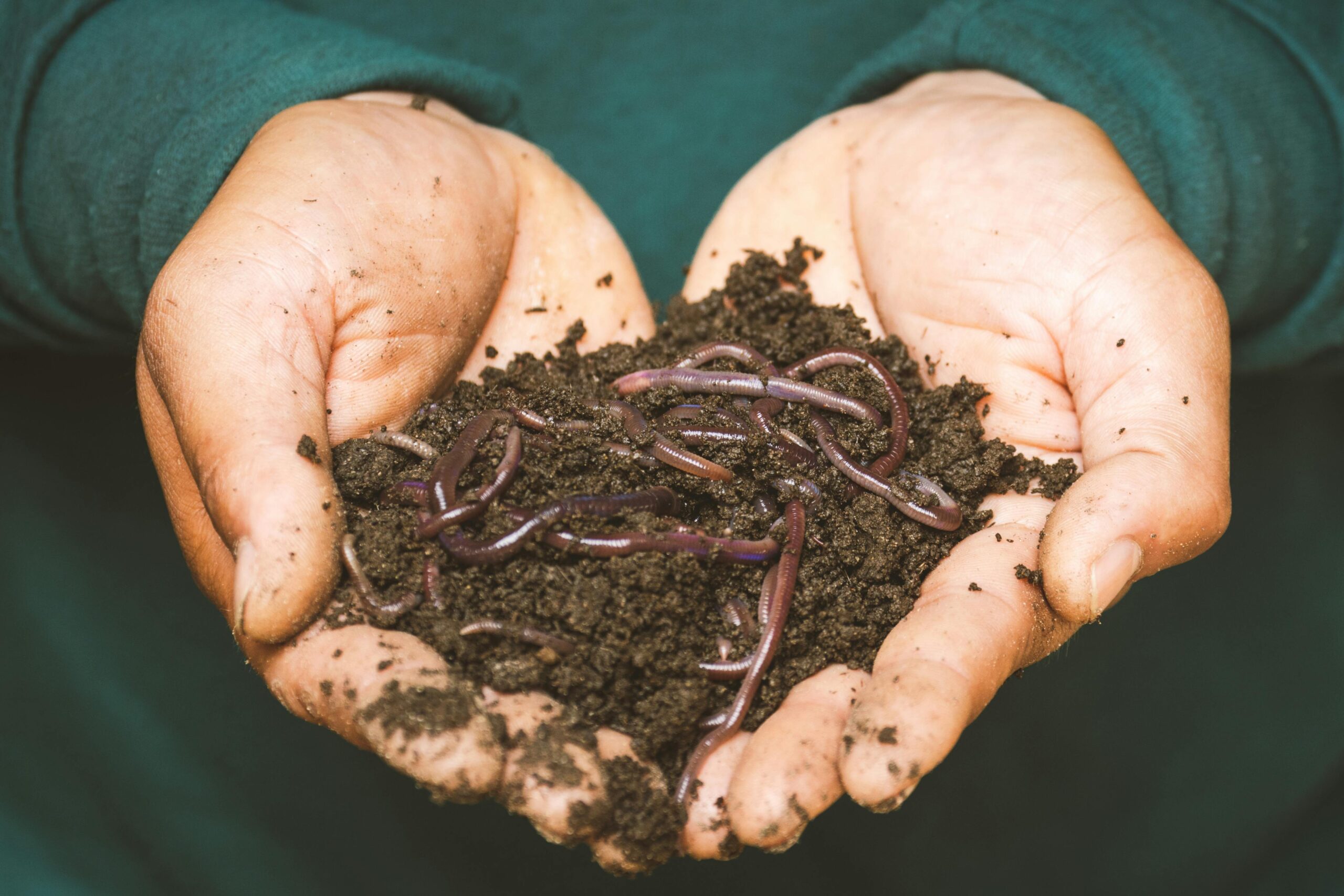
Earthworms are natural soil aerators and decomposers that improve soil structure. They tunnel through the soil, creating channels that allow air, water, and nutrients to reach plant roots. Worms also break down organic matter, turning it into nutrient-rich humus that enriches the soil. By adding worms to your garden, you can help create a healthier soil environment.
You can encourage earthworm activity by adding organic material, like compost or mulch, to the soil. Worms thrive in rich, moist environments, so be sure to keep your garden well-watered. You can also introduce earthworms from your compost pile or purchase them from a garden center. With their help, your soil will become more fertile and better suited for plant growth.
Reduce Chemical Use
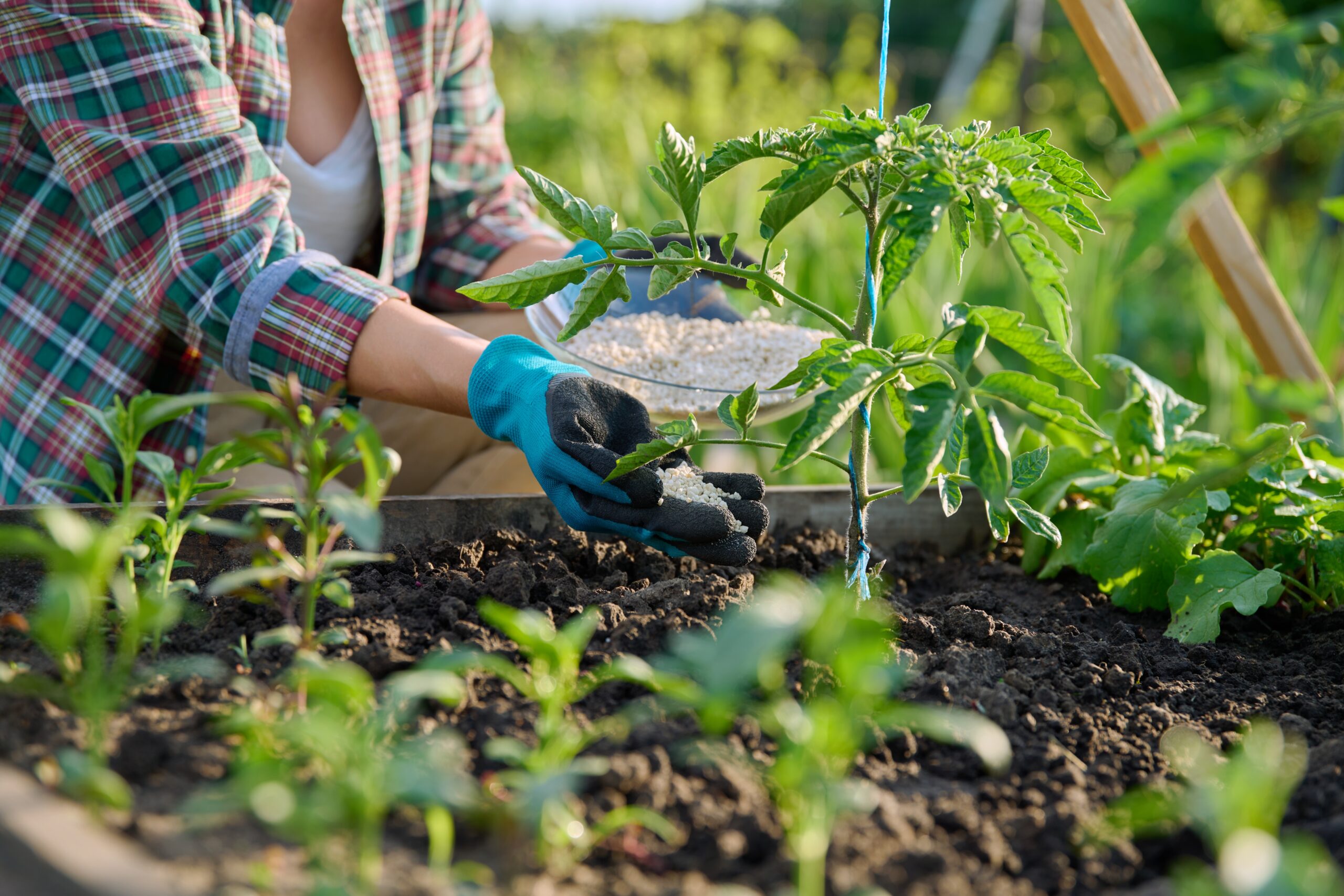
Excessive use of chemical fertilizers and pesticides can harm soil health over time. These chemicals can kill beneficial organisms and disrupt the natural balance in the soil. Instead, try using organic or natural alternatives to maintain soil fertility. Compost, organic fertilizers, and natural pest control methods are safer for both the environment and your soil.
By reducing chemical use, you can help create a more sustainable garden. Natural methods often promote healthier plants and reduce the need for harmful chemicals. It may take a little more time and effort, but the long-term benefits for your soil are well worth it. Healthy soil supports a thriving ecosystem, from earthworms to beneficial insects.
Rotate Your Crops
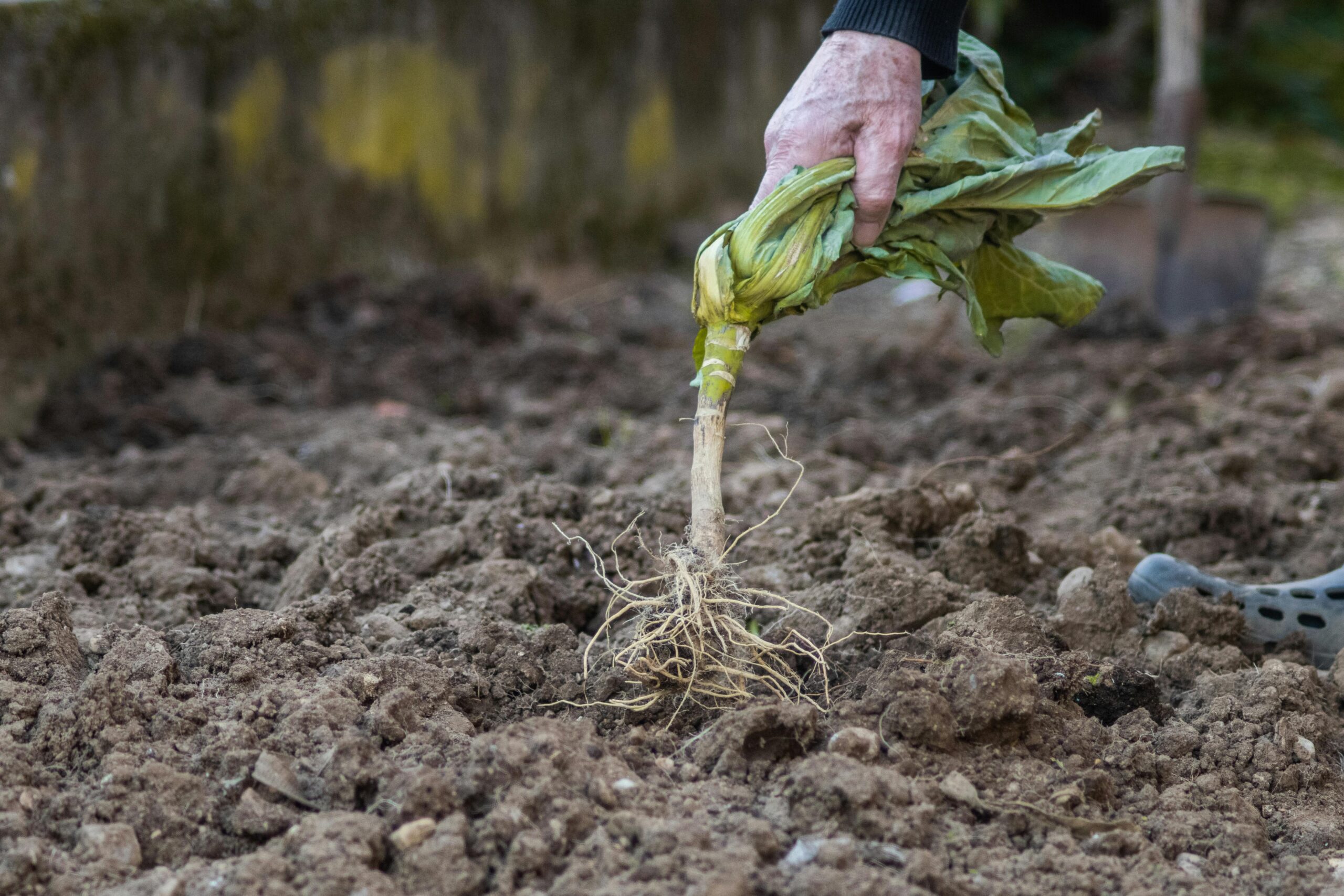
Crop rotation is an effective way to keep your soil healthy and prevent nutrient depletion. By changing the types of plants you grow in a particular area each season, you reduce the risk of pests and diseases. Different plants have different nutrient needs, so rotating crops helps prevent the soil from becoming overly depleted in one nutrient. It also improves soil structure by giving the land time to recover.
For example, plant nitrogen-fixing legumes, like peas or beans, in one area, followed by heavy-feeding crops like tomatoes the next year. This method helps to balance nutrient levels in the soil. Crop rotation also reduces soil erosion and encourages a more diverse soil ecosystem. It is an easy practice to incorporate into your gardening routine.
Manage Irrigation Properly

Proper irrigation is crucial for maintaining healthy soil. Over-watering can lead to waterlogged soil, while under-watering can dry it out, both of which can harm plant growth. Installing a drip irrigation system or soaker hoses can help deliver water directly to the roots. This ensures that the water reaches the plants without wasting or oversaturating the soil.
It is important to water your garden early in the morning or late in the evening to reduce evaporation. This way, the soil can absorb the water more effectively. By maintaining a consistent watering schedule, you will keep your soil at the right moisture level, promoting healthy plant growth. Always check your soil moisture before watering to avoid over-watering.
Use Natural Fertilizers
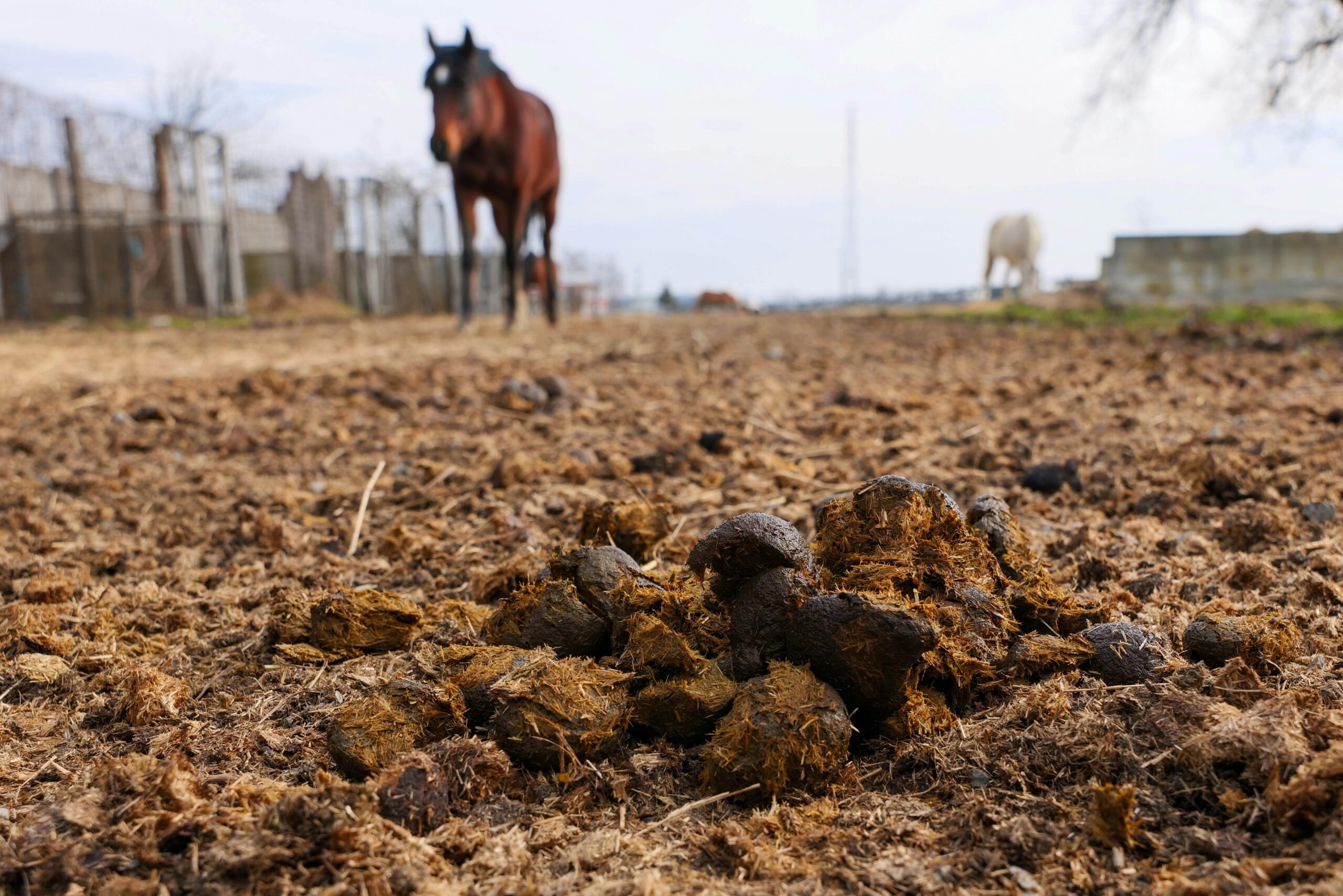
Natural fertilizers, such as manure or bone meal, are great alternatives to synthetic fertilizers. They provide essential nutrients like nitrogen, phosphorus, and potassium, which are vital for plant growth. Using organic fertilizers is safer for the environment and supports sustainable gardening practices. They also help maintain soil structure and support the growth of beneficial organisms.
Manure should be well-composted before being added to your garden to prevent the spread of pathogens. Bone meal and other natural fertilizers should be applied according to the specific needs of your plants. These fertilizers release nutrients slowly, ensuring that your plants receive a steady supply throughout the growing season. They are a natural way to nourish your soil and promote plant health.
This article originally appeared on Avocadu.
